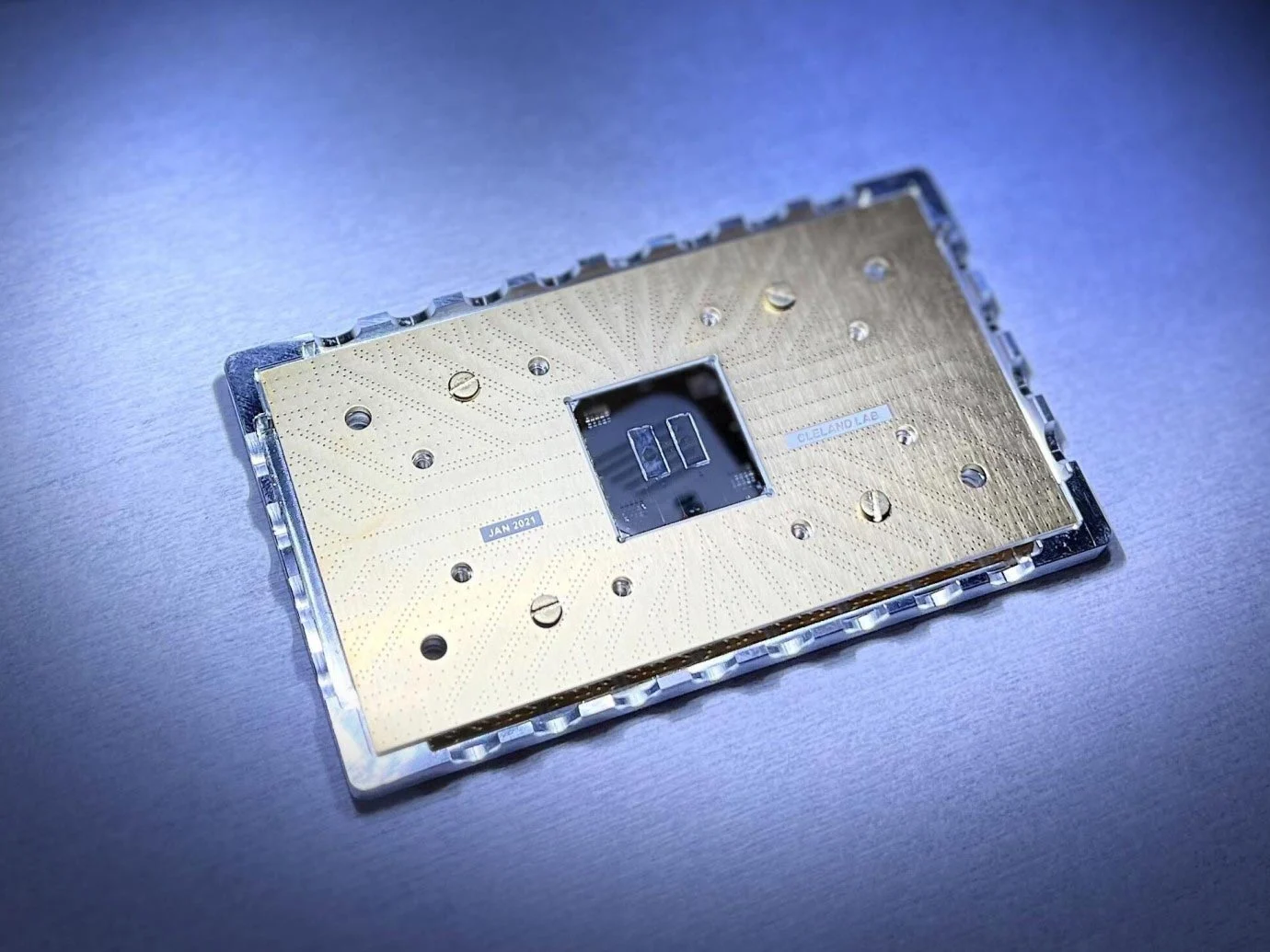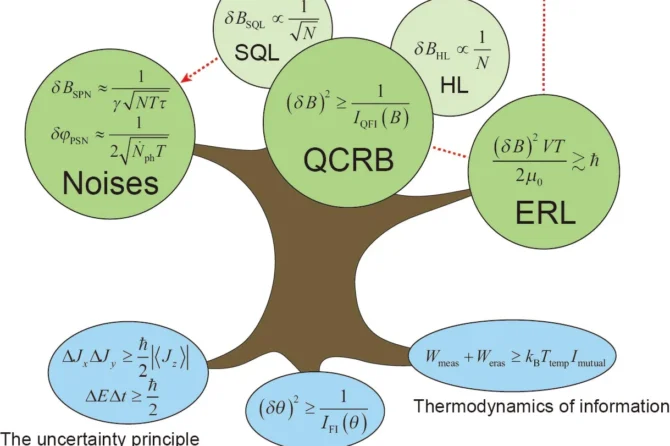Researchers at the University of Chicago’s Pritzker School of Molecular Engineering have developed a groundbreaking quantum processor design that challenges traditional computational architectures. Unlike conventional quantum chips that arrange qubits in rigid 2D grids, this innovative approach introduces a central, reconfigurable router that enables unprecedented qubit connectivity.
The new design fundamentally reimagines quantum computing’s scalability. Traditional quantum processors restrict qubit interactions to immediate neighbors, limiting computational flexibility. In contrast, the Cleland Lab’s approach allows any two qubits to connect and entangle, breaking through previous architectural constraints.
Professor Andrew Cleland highlights a key advantage of quantum computing: computational power scales differently than classical systems. While classical computers require exponentially larger infrastructure to double processing capacity, quantum computers can potentially achieve significant performance increases by adding just one qubit.
The processor’s architecture draws inspiration from classical computer networking, clustering qubits around a central router similar to how computers communicate through network hubs. Quantum “switches” can connect and disconnect qubits within nanoseconds, facilitating high-fidelity quantum gates and entanglement generation.
Xuntao Wu, the research’s lead author, emphasizes the design’s modularity. Theoretically, the number of connectable qubits is unlimited, providing unprecedented scalability. The approach mirrors the modular design of contemporary electronic devices, transferring classical computing’s component integration principles into the quantum realm.
This breakthrough addresses critical challenges in quantum computing. Current designs limit qubit interactions, constrain quantum dynamics, and create fabrication challenges. The modular router approach offers a potential solution by providing more flexible, extensible quantum processor architectures.
The researchers envision transformative applications across telecommunications, healthcare, clean energy, and cryptography. To realize this potential, they’re focusing on two primary objectives: scaling quantum computers and ensuring fault-tolerance to minimize computational errors.
Future research directions include expanding the quantum processor’s capabilities, increasing qubit count, and exploring methods to link router-connected qubit clusters. The team is particularly interested in extending qubit entanglement range, currently limited to millimeter-scale interactions.
This innovative design represents a significant step toward practical, large-scale quantum computing, potentially unlocking computational capabilities far beyond current classical computing limitations.
Reference: “Modular Quantum Processor with an All-to-All Reconfigurable Router” by Xuntao Wu, Haoxiong Yan, Gustav Andersson, Alexander Anferov, Ming-Han Chou, Christopher R. Conner, Joel Grebel, Yash J. Joshi, Shiheng Li, Jacob M. Miller, Rhys G. Povey, Hong Qiao and Andrew N. Cleland, 4 November 2024, Physical Review X. DOI: 10.1103/PhysRevX.14.041030


